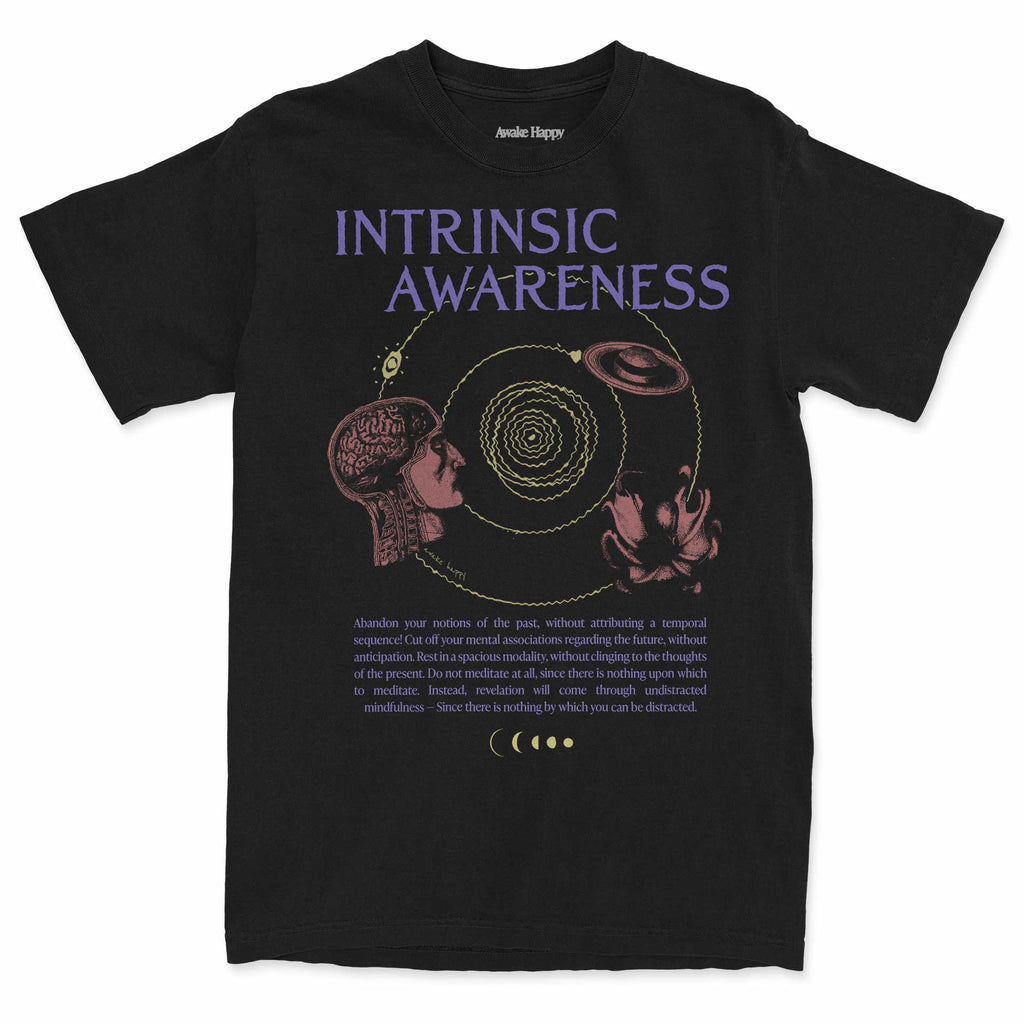
We all want to live a life of meaning and purpose, but finding our true calling can be a challenging and often elusive journey. Many of us struggle to find direction, bouncing from one opportunity to the next without ever feeling truly fulfilled. However, what if I told you that failure could play a pivotal role in helping you discover your purpose?
Failure is often viewed as something negative, something to be avoided at all costs. We are conditioned from a young age to fear failure and to see it as a sign of weakness or incompetence. However, failure can be a powerful teacher, providing us with valuable lessons and insights that we can use to guide our future actions and decisions.
Browse our Affiliate Products
In this article, we will explore the role of failure in discovering one’s purpose, how failure can be a catalyst for change, the lessons we can learn from failure, and the intersection of failure and purpose.
Failure as a Catalyst for Change

The nature of the failure is such that it can be a significant catalyst for change. Failure can shake us out of our comfort zones and force us to take a hard look at our lives, our goals, and our priorities. When we experience failure, we are often faced with a choice – we can either give up and walk away, or we can use the experience to propel us forward and make positive changes in our lives.
It’s important to remember that failure is not the end of the road; it’s merely a detour on the way to our destination. Failure can be a powerful motivator, inspiring us to work harder, dream bigger, and aim higher. Failure can also be an opportunity to experiment and try new things, step outside of our comfort zones, and take risks that we might not otherwise have taken.
The Benefits of Embracing Failure
By learning to celebrate failure, we can cultivate the resilience and tenacity needed for success. It’s natural for us to feel defeated when confronted with disappointment; however, if we train ourselves to accept it as a part of our journey, then we are more likely to stay motivated and accomplish what is essential. Through embracing failure comes growth, growth that will help carry us toward achieving our dreams!
Another benefit of embracing failure is the potential for it to lead to unexpected opportunities. When we experience setbacks, we are often forced to look at things from a different perspective, think outside of the box, and consider alternative paths to success. This can lead to unexpected discoveries and opportunities that we might not have otherwise considered.
Regardless of how bad it may seem at the time, here is a list of benefits that come from failure:
- Failure can be a powerful teacher, providing valuable feedback and insights that can be used to improve future actions and decisions.
- Embracing failure can help us to develop resilience and perseverance, allowing us to bounce back from setbacks and overcome obstacles.
- Failure can help us to recognize blind spots and areas for improvement, leading to personal and professional growth.
- By viewing failure as a natural part of the journey, we can take risks and try new things, leading to greater creativity and innovation.
- Embracing failure can also help us to develop a growth mindset, recognizing that our abilities and potential can be developed over time with effort and persistence.
- By learning from our failures and adapting our approach, we can achieve greater success and reach our goals more effectively.
- Finally, embracing failure can lead to a greater sense of self-awareness and purpose, helping us to clarify our goals and focus our efforts on the things that truly matter.
For more information on motivation, click here: How to Stay Motivated When Life is Beating You Down
Lessons Learned from Failure
One of the most significant benefits of failure is the lessons we can learn from it. Failure can be a powerful teacher, providing us with valuable insights and feedback that we can use to improve our future actions and decisions. When we experience failure, it’s essential to take the time to reflect on what went wrong, identify areas for improvement, and make adjustments to our approach.
It’s also important to remember that failure can reveal blind spots and areas for improvement that we might not have otherwise recognized. When we experience setbacks, we are forced to confront our weaknesses and consider ways to overcome them. This can lead to personal growth and development that can be invaluable in the pursuit of our purpose.
Sometimes failure is life’s greatest teacher where we gain the great knowledge, for more information click here: Finding Inner Peace Through Self-Discovery: Tips and Techniques
The Intersection of Failure and Purpose

The intersection of failure and purpose is a fascinating and often overlooked area of exploration. Failure can be an integral part of the journey to discovering our purpose, helping us to refine our goals, clarify our passions, and identify our strengths and weaknesses.
- One example of this is the story of J.K. Rowling, the author of the wildly popular Harry Potter series. Before she became a bestselling author, Rowling experienced numerous setbacks and failures. She was rejected by multiple publishers and faced personal struggles that would have caused many people to give up on their dreams. However, Rowling used her failures as motivation to keep writing and eventually discovered her purpose as a storyteller, inspiring millions of readers around the world.
In many cases, failure can be the catalyst that leads us to our purpose. When we experience setbacks, we are forced to reevaluate our goals and priorities, consider what matters to us, and make the necessary changes to align our actions with our values.
Furthermore, failure can also help us to develop a deeper understanding of ourselves, our passions, and our strengths. When we experience setbacks, we are often forced to confront our limitations and consider alternative paths to success. This can lead to a better understanding of our purpose, helping us to clarify our goals and to focus our efforts on the things that truly matter.
For more information on dealing with failure, click here: 5 Constructive Ways To Deal With Life’s Challenges
Final Thoughts
In conclusion, failure can play a significant role in discovering one’s purpose. While failure can be challenging and even painful, it can also be a powerful teacher, providing us with valuable insights and feedback that we can use to improve our future actions and decisions.
Embracing failure can also help us to develop resilience and perseverance, to consider alternative paths to success, and to recognize blind spots and areas for improvement. By viewing failure as a natural part of the journey, we can develop the skills and mindset we need to overcome obstacles and achieve our goals.
Finally, it’s essential to remember that the intersection of failure and purpose can be a rich and rewarding area of exploration. By using our failures as motivation, we can discover our true calling and create a life of meaning and purpose. So the next time you experience a setback or failure, don’t give up. Instead, use the experience as an opportunity to learn and grow, and to take another step forward on the journey to discovering your purpose.








